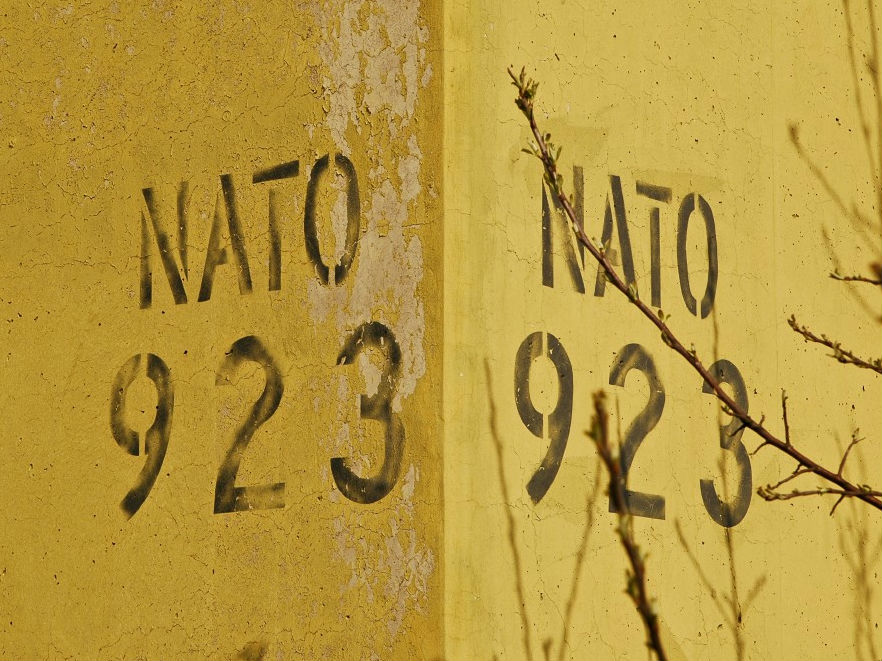NATO Demise Redux?
4 Feb 2013
By Stephen M Saideman for Atlantic Council
Harlan Ullman's "external pageNATO RIPcall_made" seemed like a bit of déjà vu, as people have been predicting the Alliance's demise pretty much as long as it has been around. This obviously increased after the Soviet Union collapsed and with it NATO’s raison d’etre. However, the reality is that institutions are sticky, including international ones, and disappear less often and less easily than people aver. Here, I consider why NATO, like other institutions endures and then focus on the role of NATO lately and into the future even after President Obama’s “pivot” to Asia.
Institutions manage to stick around for a variety of reasons. Primarily, they represent old bargains that retain some value and that would be risky to re-visit. NATO is a piece of work. That is, it represents decades of negotiations, compromises, and cooperation that have much value. Starting anew would toss away all the sunk costs and might not lead to something better. While NATO is hardly perfect, the level of interoperability provides significant value over ad hoc coalitions. Indeed, the ad hoc coalitions that do form tend to be built on NATO relationships and processes, including the coalition of the willing that went into Iraq in 2003, the air campaign over Libya before it became a NATO operation, and now the effort to help France in Mali.
NATO is not an accident but the product of the combined interests of its members. While those interests have evolved, the members still have an interest in the security that NATO provides, as the deployment of American, Dutch, and German defense systems to Turkey currently demonstrates. The security guarantees are not just of interest to the East European countries, as averred by Ullman, as Denmark and Norway remain concerned about Russia. France historically worked against NATO and sought other institutions as substitutes, but recently re-dedicated itself to the Alliance, including altering where it operated in Afghanistan at great cost.
NATO has over the past twenty years repeatedly proved to be superior militarily to the alternatives. Neither the European Union nor the United Nations were able to deal adequately with violence as Yugoslavia fell apart. NATO’s intervention in Bosnia has led to an enduring if imperfect peace. While one can argue about Kosovo, NATO held together long enough to force Milosevic to give in precisely because members decided that the alliance itself was at stake. While Afghanistan is not a huge success story and one could write books about the challenges of caveats in that effort (see Auerswald and Saideman, NATO and Afghanistan, in late 2013), countries were willing to sacrifice a tremendous amount, in terms of lives lost and budgets spent, on a place that really did not matter to them. Why? Because they were investing in the future of NATO and in their alliances with the United States. While sunk costs are not a smart way to think about investments, they matter in politics. So countries now have a greater incentive to support NATO in the future because they bled for the NATO cause in the past.
If the concern is about the United States and Obama’s interest in the Alliance, one should focus on behavior rather than the omissions of experts at a think tank. When the Libyan effort started, France was passionate enough about the operation that it was more than willing to forgo NATO, but Obama insisted that the mission be a NATO one. This was, in part, about burden-sharing—the US did not want to do most of the heavy lifting—but it was also about the learned lessons of Iraq. Multilateral military efforts have more legitimacy when they are performed by respected international institutions, and NATO clearly is that.
Let’s pivot to the pivot. Ullman’s post raises the European concern that an American focus on Asia means that the US cares less about NATO and is willing to let it wither and die. I am pretty sure that the opposite is true: that the US can put more effort into its Pacific arena precisely because NATO exists and is helping to foster stability and cooperation in and near Europe. It is precisely NATO’s success as a centerpiece of Europe’s security community that facilitates the American turn to Asia. This is not something that the Americans are doing lightly.
Europe is not the only part of the world that matters for American security, and may no longer be the most important. That is NATO’s success story. I am pretty sure Obama and the rest of the American establishment would prefer a NATO-like entity in Asia these days, rather than having to continually work different bilateral relationships to deal with the problems of the day. Because there is not such alliance-based security in Asia, the US can rely on NATO to hold the fort, as they say, in Europe, while it confronts the Asia-Pacific challenges. Not just today but well into tomorrow, the US will continue to rely on and invest in NATO.
For additional reading on this topic please see:
Yawning Gaps in NATO Planning
Emerging Security Challenges: A Glue for NATO and Partners?
The Future of NATO’s Deterrence and Defence Posture

